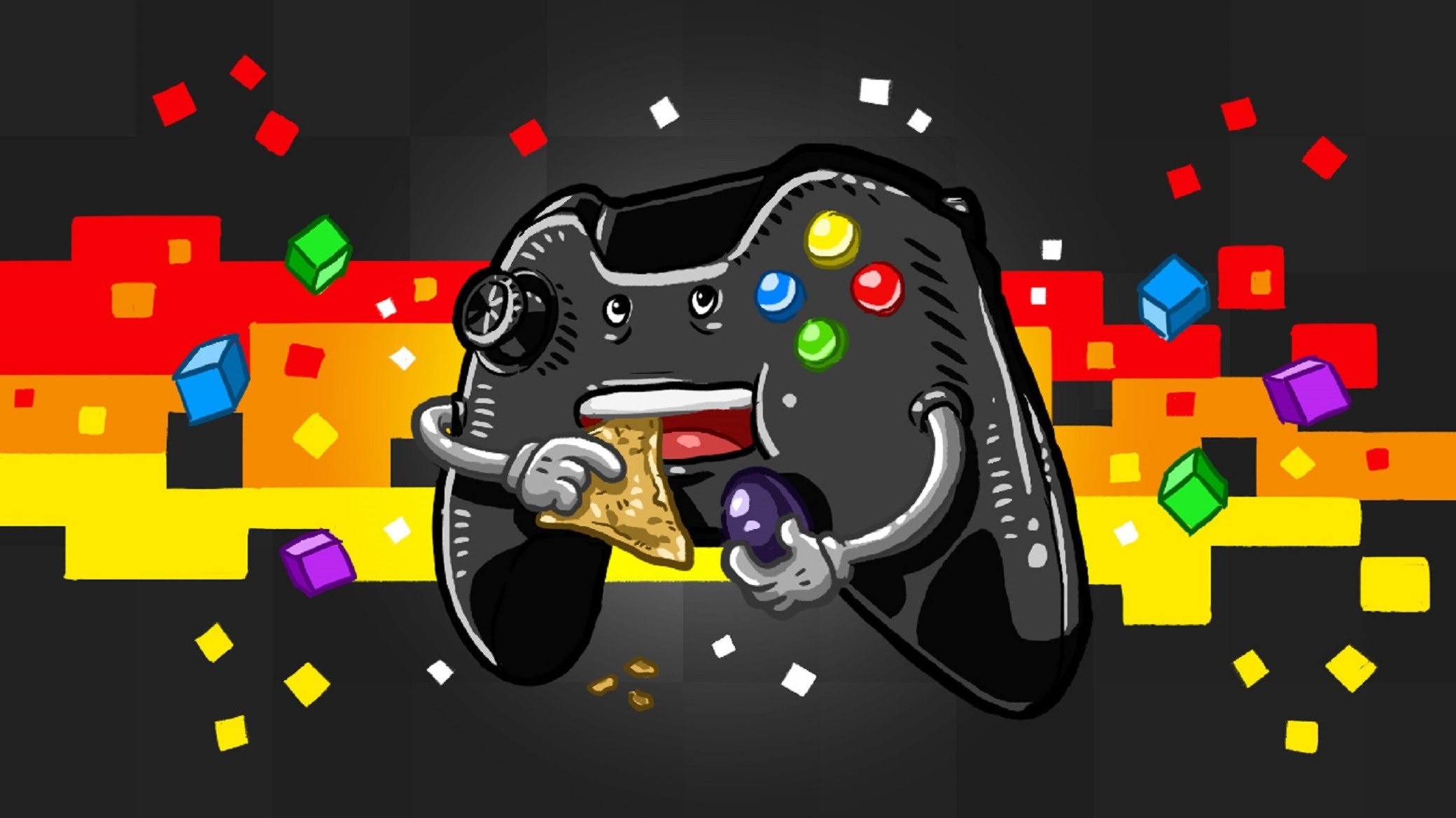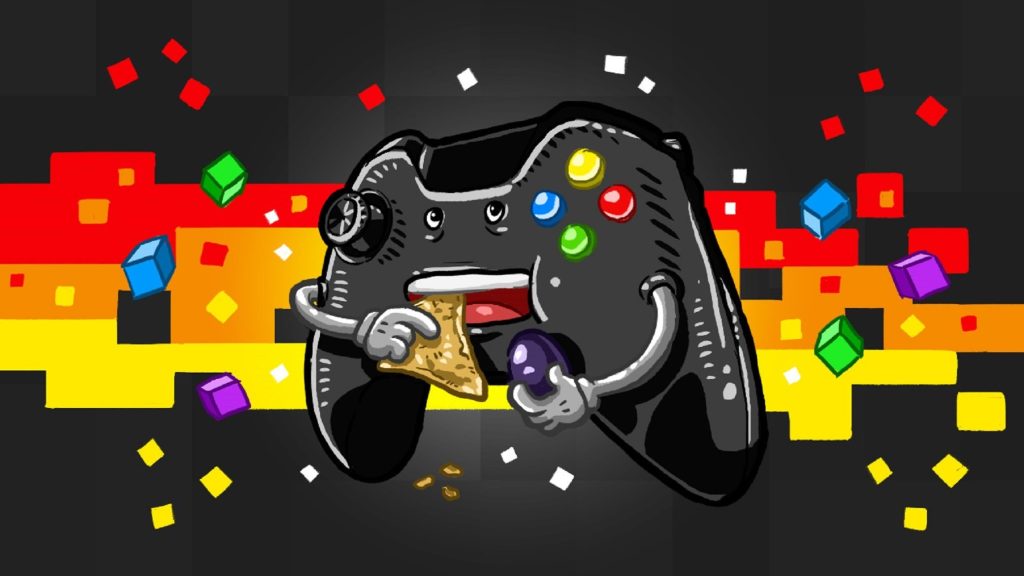The world of gaming has come a long way since its humble beginnings, revolutionizing the way we think about entertainment and even shaping society. From early arcade machines to massive open-world adventures, video games have grown and changed with the technology that has evolved over time, influencing and gaming the world. This article will take you on a journey through some of the most influential moments in gaming history that have helped shape modern gaming today.
I. The beginnings of gaming
The very first video game was created in 1947 by Thomas T. Goldsmith Jr and Estle Ray Mann, who called it the Cathode Ray Tube Amusement Device. Although primitive compared to what we know today, this invention set the framework for all future video games. In 1971, Computer Space was released, becoming the first commercially available arcade game machine to use vector graphics for a more immersive experience than previous iterations.
II. The golden age of arcade games
Throughout the 70s and 80s, arcade cabinets grew in popularity in North America and Japan alike, becoming iconic symbols of entertainment during what became known as the “Golden Age” of arcades. One such game that rose to great heights during this period was Pac-Man (1980). With new character designs, levels and secrets added over the years, Pac-Man is still one of the highest-grossing franchises to date, despite being created forty years ago!

III. Fighting games – Street Fighter 2 (1991) & Mortal Kombat (1992)
Towards the end of this era came two fighting games that would revolutionize the way people thought about console games: Street Fighter 2 (1991) and Mortal Kombat (1992). Both titles pioneered unique fighting systems, while also introducing new ideas such as multiple endings or special moves when combined with certain button presses – features we now take for granted! These two titles sparked an interest in competitive gaming that continues to thrive today through live tournaments held around the world on both classic and modern editions of these beloved classics.
IV. Console gaming takes off with PlayStation 1 (1994)
The 90s saw a huge shift from arcades to console gaming, with Sony leading the way with the release of the first home console; PlayStation 1 (1994). The use of CDs instead of cartridges for storage allowed developers to create much bigger experiences than before, including full 3D worlds as seen in Tomb Raider (1996), Final Fantasy 7 (1997), Crash Bandicoot (1996), etc., and gave birth to genres never seen before such as shoot ’em ups or survival horror titles like the Resident Evil series!
V . Massively Multiplayer Online Role Playing Games arrive with Everquest & Ultima Online (1997)
Massively Multiplayer Online Role Playing Games or MMORPGs were popularised by Everquest (1999) & Ultima Online (1997). The introduction of concepts such as a persistent universe, where players could explore vast lands together while competing against each other, brought a whole new level of immersion that had never been seen before! Everquest was so successful that it spawned numerous sequels along with many similar titles such as RuneScape (2001), World Of Warcraft (2004), the Guild Wars series (2005/2007), etc., proving just how powerful this type of online experience can be!

VI. Modern gaming with Xbox 360/PlayStation 3 & 4
2006/2013 marked major advances not only in hardware but also in software design, thanks to Microsoft’s Xbox 360 /Sony’s PS3&4 respectively, providing gamers with better visuals at higher resolutions accompanied by improved physics engines, allowing them to experience real-life scenarios never seen before! This gave rise to genres such as open-world sandbox games like Grand Theft Auto 5(2013) & Assassin’s Creed Origins(2017), extended campaigns found in the Call Of Duty Modern Warfare trilogy(2008/2011/2016), racing simulation games like Forza Motorsport 6&7, or genre-blurring titles like Overwatch/Fortnite that combine MOBA elements with FPS style gameplay to create truly unique experiences unlike anything before!
VII. Mobile gaming changing the landscape since 2008
Since 2008, mobile gaming has grown exponentially, not only due to improvements within the platforms, but also due to various monetization models designed specifically for handheld devices, ranging from free-to-play Gacha-based games found in mobile stores around the world, IAP purchases, cloud streaming services that make AAA games easily accessible anywhere, AR & VR headsets that provide virtual reality immersion without the need for expensive hardware setups previously required, or the use of blockchain technologies that ensure data integrity within the platforms, further increasing player confidence when dealing with transactions over the internet, thus preventing fraud and allowing companies to continue to safely expand their business!

